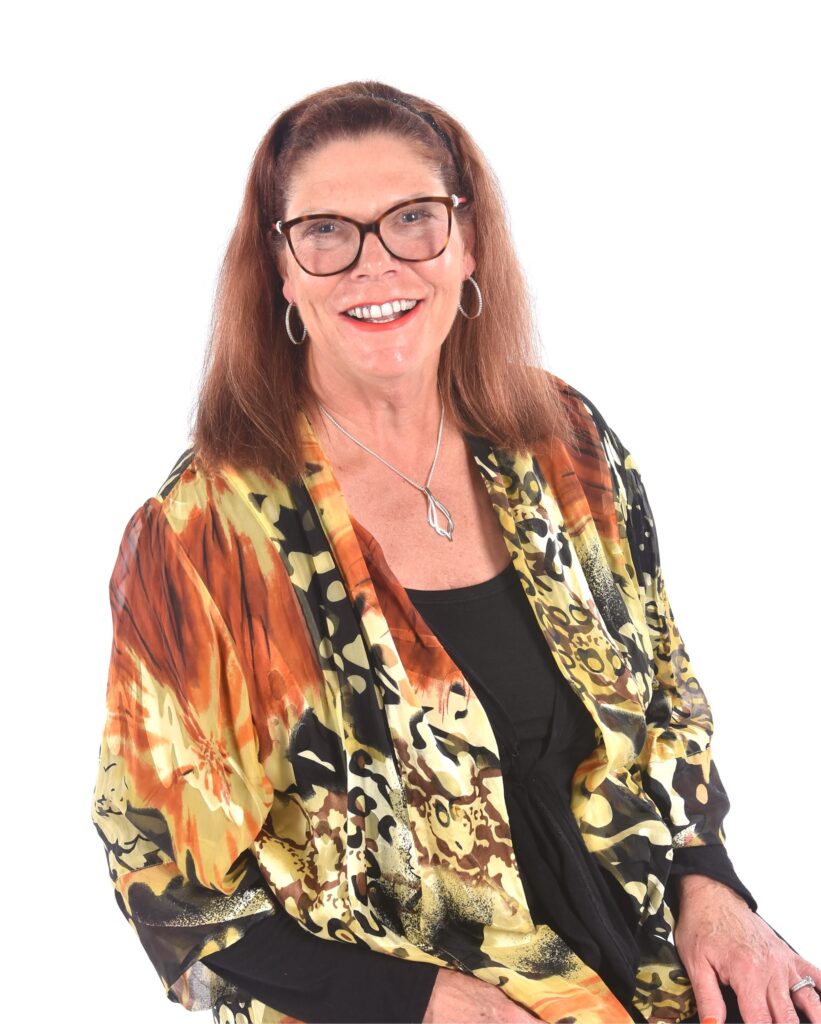As I have shared before, my Grandmother Grace and I were very close. She was more like a mother to me, as my mother died right before I turned four. Gram always assumed the role and did it gracefully, pun intended.
She was a tremendous part of my life until she died at age 85 from pancreatic cancer. I had just turned 40. Four, forty? It’s probably not a coincidence.
At any rate, she knew her life was coming to an end four months before she passed. I have never cried so much since as I did then. Losing someone you cannot possibly bear to lose is an incredibly hopeless feeling.
But Gram started planning as she always did. I’m sure I come by it rightly, being a consistent planner myself.
For as long as I can remember, she wore a wig. They were of good quality, so it always looked like she had just returned from the salon. Gram had some weird disease when she was nursing my Dad, her third son, that made her lose almost all of her previously thick, brown, curly hair. At least it was unusual in 1935. She went to several doctors, even in St. Louis, but no one could help. Researching now, I suspect it was alopecia areata, though I don’t know for sure.
I’d often seen her not wearing the wig when she woke or went to bed, so it didn’t seem strange. However, she was very conscious of her hair looking as “normal” as possible and never allowed anyone but her close family to see her without it. That is, until she was ill.

Prior to her illness, she had already pre-planned and paid for her funeral, the location, manner, and service. She didn’t like the idea of a burial in the ground, so she had chosen a drawer vault in a church structure at one of the prettier cemeteries in town. It happened to be across the street from where I worked at the time, so she always told me to “wave and say hello” when I drove by.
She had insisted on an open casket, so after she received her diagnosis, she ordered the most special wig she could find for the occasion. I have often thought about how planning for a funeral is similar to planning for other “special” life events, at least in my family.
Two years prior, Gram had walked me down the aisle and gave me away to my second husband, Scot, wearing a beautiful white dress that brought out her rosy cheeks and brilliant blue eyes. That was the dress she chose to spend eternity in. That is the picture at the beginning of this article.
One day at the hospital, she had a reaction to a medication that made her a little confused. She spent an hour talking about an unfamiliar house and how it needed refurbishment and redecorating. I laughed because she described the rooms so well that I could also envision this imaginary house and, along with her, was able to offer some input on the color choices.
I could tell you hundreds of stories of our time together for forty years, well, at least 36 of those years. However, I most vividly remember experiences during those four months before her passing.
My senses and emotions were heightened. I knew every day could be our last one together, so I wanted to memorize and soak in every moment: the scenes, the smells, the feelings.
Now that I am aging (I always say it beats the alternative), more and more memories of my grandmother come rushing back, especially when I am with my son, daughter-in-law, and granddaughters.
My son is now five years younger than I was when my Grandmother died. I see myself doing some of the things for them as she did for me. Some of her words automatically spill from my mouth. I am proud to follow in her footsteps. At least I try to live up to her legacy. I don’t always succeed.
Gram and other elderly women have told me that “aging kind of sneaks up on you.” “You often still feel like a kid in your mind, but your body disagrees. It’s tired. It’s done playing.”
I can definitely relate to this now.
Not to be morbid or depressing, but just as a matter of fact, since I turned 65 this year, I also know that my days are numbered. At any age, none of us know when our last day on earth will be, but the older we get, the more likely it is that it will be sooner rather than later. There is more life behind us than in front of us.
I’ve just recently heard the term mortality motivation. “The act of being motivated by the idea of being mortal.” I am definitely on that train.
It is a way of convincing yourself that you have control in a situation where you have no control at all.
Like Gram, I have planned my funeral down to the songs. Tom Petty’s “End of the Line.” It’s not traditional, but it’s a favorite of mine. My funeral plans happen, not by accident, to be at the same cemetery, at a bench, looking up at Gram’s vault.
Check. That’s done.
My son is an only child, so I don’t want him to be burdened if I become ill, so it is important to me to have long-term health insurance for my care and the funeral plans handled. And, after all, I’m a planner. I believe part of my thinking is to have some say in my send-off, whether I want to admit that or not. It probably was for Gram, too.
Also, since these logistics are handled, I don’t have to think about them anymore, or at least not often. Now is the time to live fully for the remaining years I have available.
Sometimes, I think about how future generations who search their genealogy will look at my life. I got very interested in Ancestry/genealogy during the pandemic when I had a lot of time on my hands and was always on the hunt for an out-of-the-ordinary story or picture. There wasn’t a lot, apart from birth, wedding, and death records.
One male relative lived to be 102, so there was a newspaper clipping celebrating his life, and another distant relative, a poor widowed soul, was taken advantage of by a woman and her son. The duo put him on a train headed out of state and took over his farm.
There should be something to see when my name is located. I so want there to be.
I want to be an encourager for a future child in my lineage. I also want my Gram and other relatives’ memories to be preserved somehow.
That is one reason I write. That is why I take and save photographs, why it is so crucial for me to leave something of myself behind.
I want to be remembered. I want my life to have mattered. I don’t think I’m alone in this thinking.
So, I’ve spent some time thinking about my legacy.
I think there are some people who don’t even have to think about what they are leaving behind. They have just been busy—busy living and giving to others. If they die tomorrow, so be it. They won’t be here to worry about it. They have done the best that they can.
Or they don’t really care or want to think about it.
I am absolutely sure I will never believe that I have done enough.
If you saw my endless to-do lists and plans for the future, you would see that I’m all about what’s next. I am not one to dwell too much in the past other than to learn something from it. Hopefully, I’ve learned.
I’m a “future thinker.” I think about what is still possible in my life and how I can continue to give and contribute to others. And, yes, how I can leave my footprint behind to encourage future generations.
For now, and for the rest of my days, it is firstly about my writing.
Then there is also photography, videography, travel, painting, crafting, home decor, cooking, being out in nature, reading, self-development, shopping, learning new skills, researching, volunteering, and spending quality time with my family and friends, not necessarily in that order. I’m sure I’ve left some things out. The point is that I’m pretty active and like to keep busy.
One thing that has changed for me recently is how I look at time.
Is whatever I’m doing taking me away from something that matters more? What do I really want to accomplish today? Is there someone I could reach out to that I haven’t connected with in a while? Is there someone or some way I could help out?
I hope, if you have continued reading till now, that some of my story also resonates with you.
Now it is your turn.
Consider how your life has impacted others, how you want to be remembered, and what stories you want to tell about yourself and your family. Go through that box of pictures and start labeling who those people are. Talk to your family about why your artwork, collections, and other possessions are special to you.
Not because you have limited time but because the time that you do have matters. It really does, and so do you!
Keep reading! Keep smiling!





